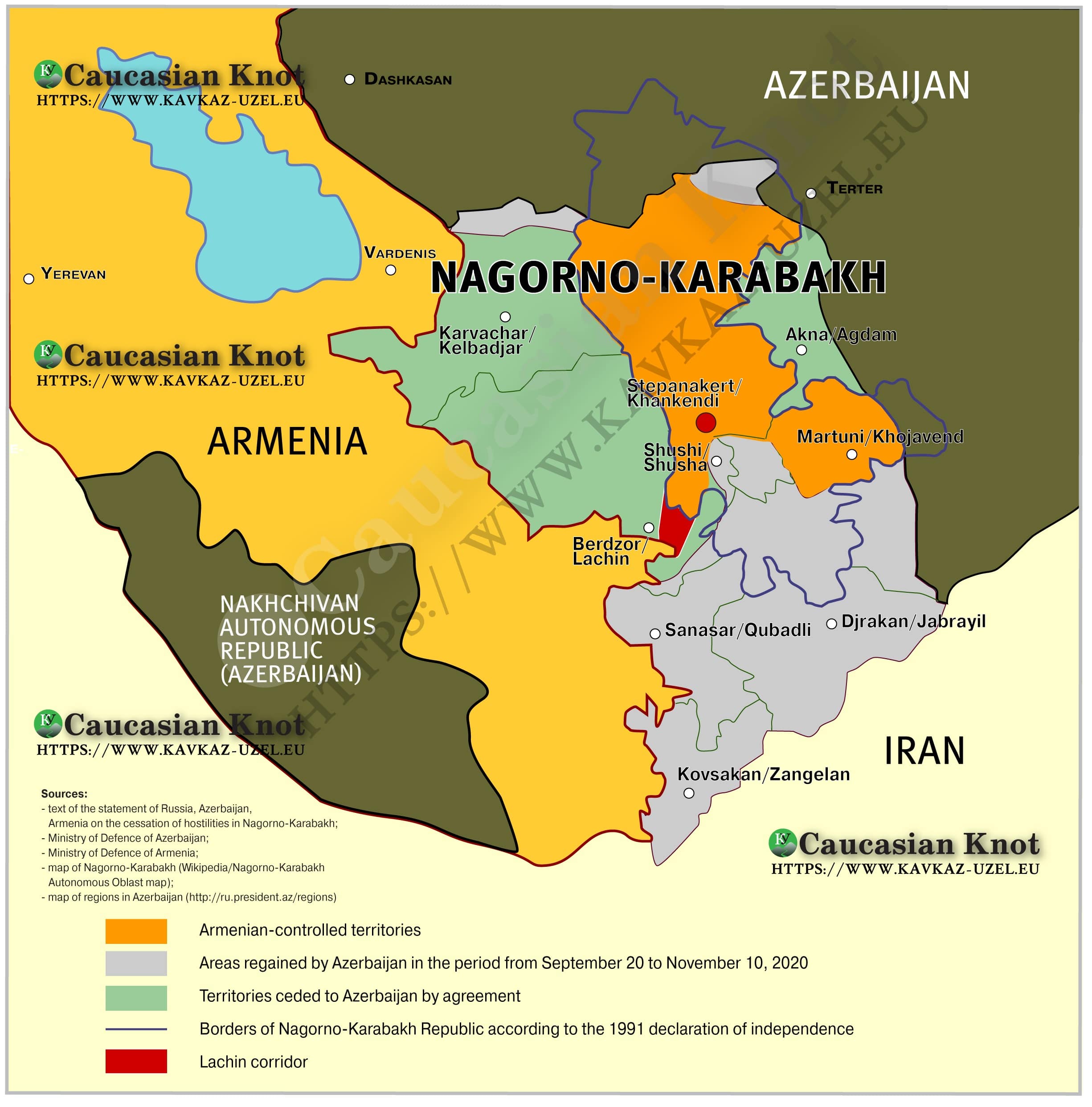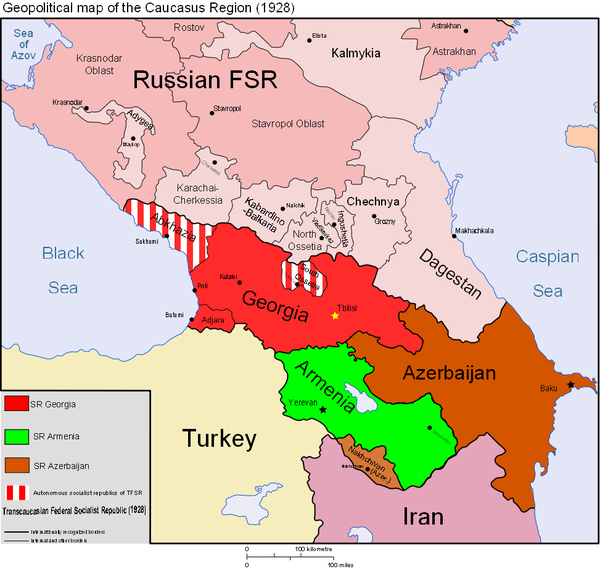
On 10th of February, Armenian Foreign Minister Ara Ayvazyan said Turkey no longer had any reason to keep its border with Armenia closed. Turkey decided to close the border following the conflict in Nagorno-Karabakh during 1993. Azerbaijan has successfully took some of the parts of Nagorno-Karabakh while the other parts are controlled by Russian army.
Turkey armed and strongly supported Azerbaijan in the six-week Nagorno-Karabakh conflict that took place last autumn. It resulted in a Russian-brokered ceasefire under which Baku made substantial territorial gains. Presently, Armenia and Azerbaijan are involved in tripartite efforts with Russia to unblock economic and transport links between their countries and between their countries and Nagorno-Karabakh. Turkey, meanwhile, is jointly running a ceasefire monitoring center with Russia. Located on Azerbaijani territory, it is expected to deploy drones to help observe the keeping of the peace.

New geopolitical realities have emerged following the conflict in last autumn. Armenia, an impoverished nation of towards 3mn people with a GDP of around $13.5bn, potentially stands a lot to gain from the opening of its border with Turkey, a country of 83mn with a GDP of around $750bn. Armenia is a landlocked country. Most of the advantageous trade routes follow from the territory controlled by Turkey. If Armenia and Turkey re-establish the relations, it would give Armenia a direct access to Black Sea. Such development construe unblock borders, allowing road and rail transportation. In total, it would give Armenia to trade with the west, not only with EU but also North Africa and Middle East.
It is not still clear if Turkey considers to respond such demand since parts of conflict area is still Armenian control. Turkey is aware that Armenia is seeking ways to regain power via increasing the trade activities. However, some Armenians speculated that it may now also demand that Yerevan stop seeking greater international recognition of the 1915 Armenian genocide in Ottoman Turkey. If that would be the case then it will be great chance to commence the relations at once.
While trade is a valuable commodity to create stability and trust between countries, the ultimate goals and needs of the geography dictates the countries to set their strategies. Geopolitics have dictated the countries their moves in the region for centuries. Even establishing trade might create short term stability in the region. Geopolitics serves different realities in the region.



